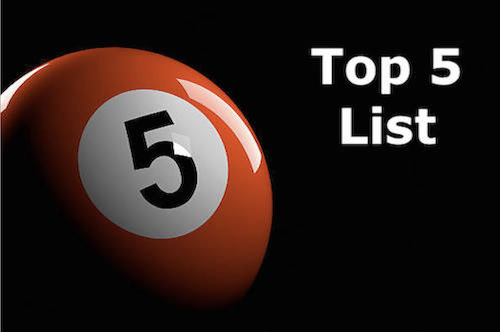Tips for Faculty: Reflection and time to consider change
The pandemic resulted in a dramatic shift in instruction and learning models for college faculty. What began as temporary measures in response to an emergency may end as a catalyst for the transformation of higher education. The end of the fall semester is an opportunity to review and reflect on what is and is not working as institutions continue to navigate uncertain times.
Most campuses will welcome students back for full-time, in-person learning this fall. As a result of continuing COVID outbreaks, many courses are still being offered as a mix of in-person and online learning. The seismic disruption to higher education has resulted in the largest adoption of technology ever, allowing faculty to reconsider how they teach and explore new ways to teach, mentor, and coach students.
For all the upheaval, this has been a time of experimentation. Institutions have had to shake up every process and policy to respond to the needs of faculty and students. It is time to fully embrace technology, particularly with routine tasks. Technology can support faculty in spending most of their time in direct engagement with students in person or online.
This break between semesters is a good opportunity to reflect on new practices that promise flexibility in how instructors teach and assess their students. Questions to consider include:
- Are there frequent opportunities for students to collaborate and learn from one another?
- Are feedback loops between students and faculty open and productive?
- Is course content and pedagogy still relevant after all this change?
- Have new practices to stimulate student engagement been implemented?
- Are equity and student success embedded in new practices?
- Has the focus shifted from instructor-led to student-centered learning?
- Do students have agency in how they manage their own learning process?
- Are courses and topics connecting to students’ personal and career goals?
Faculty should be encouraged to take time to review and reflect on how the last 14-16 months have changed their teaching practice.
-RG
